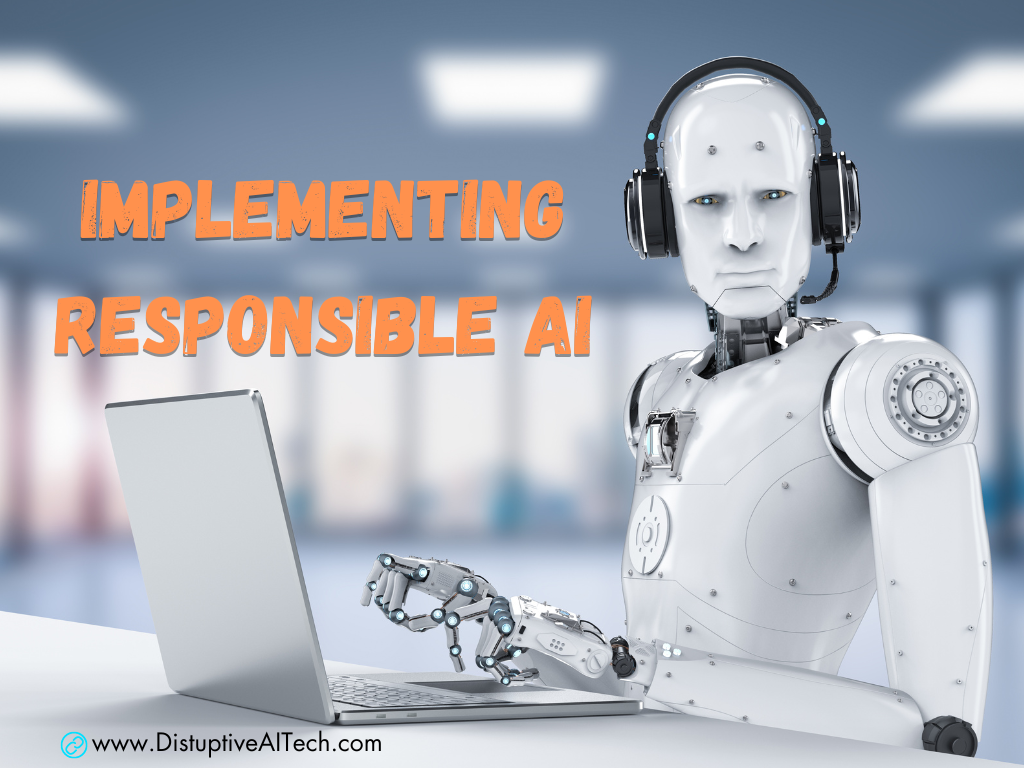Digital transformation has become a term in today’s quickly changing business environment, and with good cause. The adoption of digital technologies is frequently viewed as a requirement for continuing to be competitive and relevant. However, enterprises need to evaluate their digital maturity before stepping into the fascinating area of artificial intelligence (AI). In this blog post, we’ll look at how you can tell if your company has undergone enough digital transformation to start implementing AI.
Unambiguous Digital Strategy
A well-defined plan is the foundation of a successful digital transformation journey. Does your company have a clear digital strategy that supports your corporate objectives? A digital strategy lays the groundwork for the adoption of AI since it outlines the process through which technology will help your organization achieve its goals. Prior to implementing AI initiatives, it is advisable to concentrate on developing your digital strategy if it is still nebulous or non-existent.
Readiness for Data
AI is primarily reliant on data. Analyze the data readiness of your firm before starting an AI deployment. Do you have access to the high-quality, organized data required for training an AI model? Is this information securely and centrally stored? Make sure your data architecture can handle the workload and that you have the necessary data governance practices in place.
Structure of the Cloud
AI frequently needs a lot of processing and storage power. Check out the cloud infrastructure for your company. Are you efficiently utilizing cloud services, or are you still mostly dependent on on-premises solutions? AI-friendly scalable resources are available from cloud providers, enabling swift adjustments to changing needs.
Digital Talent and Skills
Do you employ a team with the necessary digital expertise? Data science, machine learning, and AI development expertise are required for AI adoption. Consider spending money on hiring personnel or investing in training if your company lacks these talents. As an alternative, partnerships with outside professionals or service providers can aid in closing the gap.
Client-Centered Approach
The adoption of AI and digital transformation should ultimately improve the consumer experience. Analyze whether the core of your firm is a customer-centric one. Are you gathering and examining data and client input to enhance goods and services? AI may enhance customer interactions and increase personalization, but it works best when it is based on a solid customer-focused strategy.
Culture of Innovation and Flexibility
In companies that value innovation and welcome change, adoption of digital transformation and AI flourishes. Analyze the cultural climate of your company. Are workers urged to try out novel concepts and technologies? Is there a quick adaptability to changes in the market and client demands? A flexible and creative culture is essential for the effective application of AI.
Integrity and Security
Adoption of AI poses special security and regulatory compliance difficulties. Analyze your organization’s readiness for data privacy and cybersecurity. Make sure you have effective security procedures in place to safeguard sensitive data and adhere to applicable laws, such as GDPR or HIPAA.
Adopting AI can be a game-changing move for your business, but it should only be made when a strong digital transformation foundation has been established. Your organization’s preparation for the AI journey can be ascertained by analyzing your digital strategy, data readiness, cloud infrastructure, talent, customer-centricity, culture, and security. Keep in mind that adopting AI is a strategic choice that should be in line with your company’s long-term objectives and ambitions. It is not only about technology, it’s a strategic decision that should align with your business goals and vision for the future.


